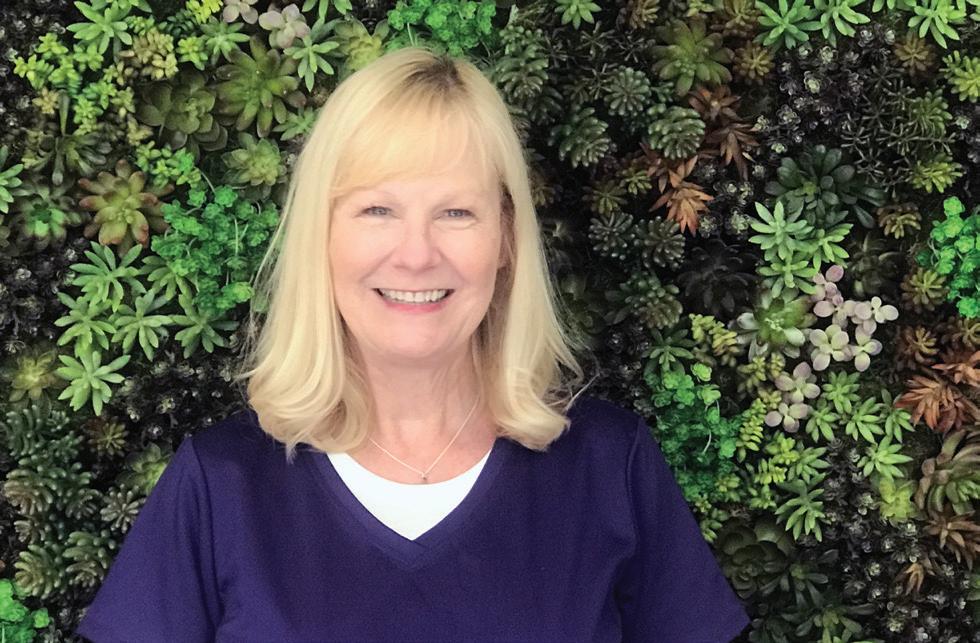
1 minute read
988: A Life-Saving Number
This past summer, mental health got its own phone number: 988.
The nationwide launch of the new 988 Suicide and Crisis Lifeline is the latest resource for those in need of urgent mental health support. Just as 911 provides emergency fire and law enforcement support, so too does 988 in an urgent mental health crisis.
Advertisement
The 988 Suicide and Crisis Lifeline was created to better meet urgent mental health needs where 911 was not specifically equipped. Additionally, 988 is more memorable than the old 10-digit national suicide prevention hotline — which is still available to be used by callers. The hotline offers 24/7 call, text and chat access to trained crisis counselors who can help people experiencing suicidal thoughts, substance use, or mental health crisis. People can also dial 988 if they are worried about a loved one who may need crisis support.
Rocio Valencia-Vega, LCSW, manager of the Mental Health Center at Hoag explains how the national hotline works on a local level. “The 988 Suicide & Crisis Lifeline is made up of an expansive network of over 200 local and state funded crisis centers located across the United States. The Lifeline’s crisis centers provide the specialized care for a local community with the support of a national network. In Orange County and for most of Southern California, Didi Hirsch Mental Health Services leads the crisis call response. Callers (or those who text) are connected to compassionate listeners trained to talk about crises ranging from suicidal thoughts to drug addiction. They can even advise people who aren’t in crisis but hope to help a struggling friend. It’s free and staffed around the clock. Didi Hirsch, our local partner agency, offers English and Spanishspeaking crisis counselors 24/7. Korean speakers are available during peak evening hours and there is support for the deaf and hard of hearing.”
Rocio points out that suicide is the secondleading cause of death among 10 to 24-yearolds nationwide. “In Orange County, approximately 200 young people ages 15-24 lost their lives to suicide in the five years between 2016 and 2020. Older adults and middle-aged males are also age groups with elevated suicide risk in OC.”
These tragic statistics reinforce the Center’s mission of mental health services for the local community. In 2021, Hoag’s Mental Health Center had 7,648 encounters. This included therapy services, case management, support groups, crisis management and resource brokering.
Dr. Michaell Rose, director of the Melinda Hoag Smith Center for Healthy Living views this new national hotline as a valuable tool in the Center’s efforts toward good overall health, noting, “There is no health without mental health.”








